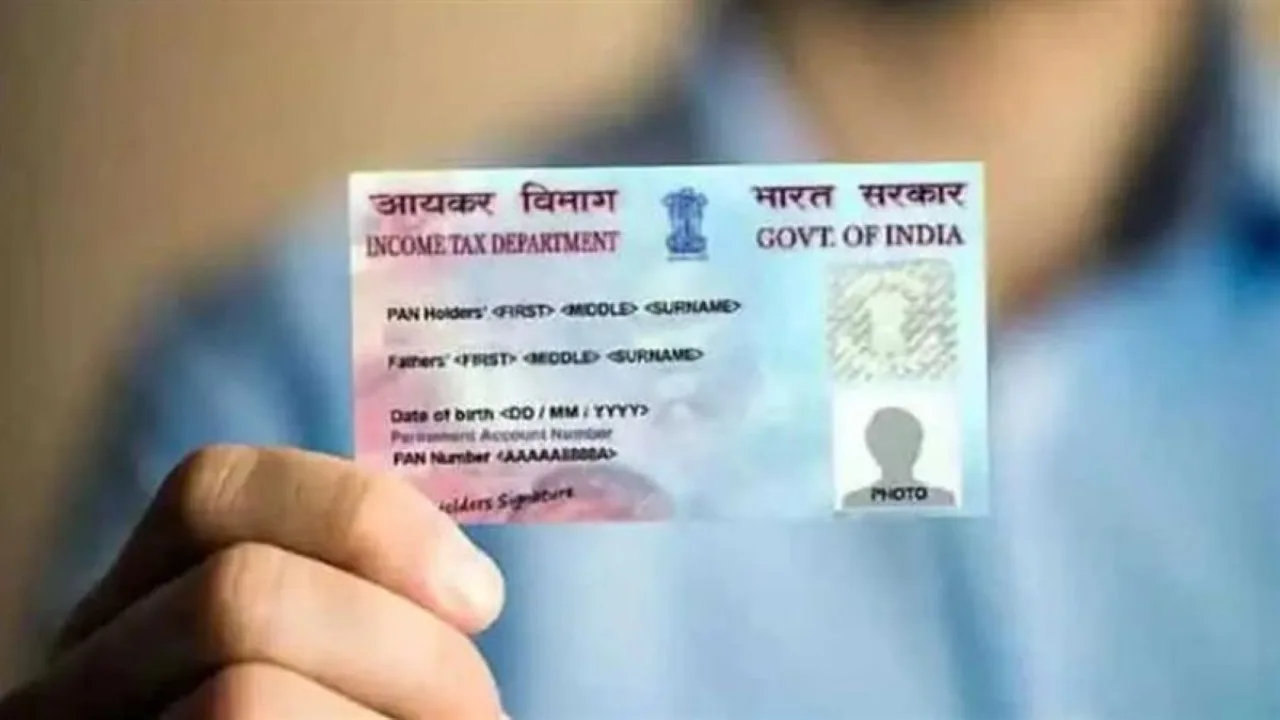The central government is going to take a big decision regarding PAN cards. Several important decisions were taken in the meeting of the Union Cabinet on Monday. The PAN 2.0 project was approved in the Modi cabinet meeting on Monday. The government on Monday announced the launch of the Rs 1,435-crore ‘PAN 2.0’ project. It aims to make the Permanent Account Number (PAN) the ‘common business identifier’ for all digital systems of government agencies.
Details about PAN 2.0
The Cabinet Committee on Economic Affairs (CCEA), chaired by Prime Minister Narendra Modi, has approved the PAN 2.0 project of the Income Tax Department at a cost of Rs 1,435 crore. Information and Broadcasting Minister Ashwini Vaishnaw informed us about this decision. According to the statement, the Permanent Account Number (PAN) with the QR code will be upgraded for free.
That is, the cards will be advanced without changing the existing PAN number, and no charge will be taken for this. The project enables a technology-driven transformation of taxpayer registration services. It aims at ease of access and quick delivery of service with better quality.
Benefits of PAN 2.0
Other benefits of the PAN 2.0 project include a single source of data and their uniformity; environmentally friendly processes and cost optimization include protection and optimization of infrastructure for greater agility. According to an official statement, the PAN 2.0 project will enable the use of PAN as a common identifier for all digital systems of specified government agencies, which is in consonance with the government’s vision as enshrined in Digital India.
The project is an e-governance project to re-engineer the business processes of taxpayer registration services through technology-driven transformation of PAN/TAN services for a better digital experience for taxpayers. This will be an upgraded version of the existing PAN/TAN 1.0 framework, which will integrate PAN verification services with core and non-core PAN/TAN activities. At present, about 78 crore PANs have been issued. Of these, 98 percent of PANs have been issued at the individual level.
